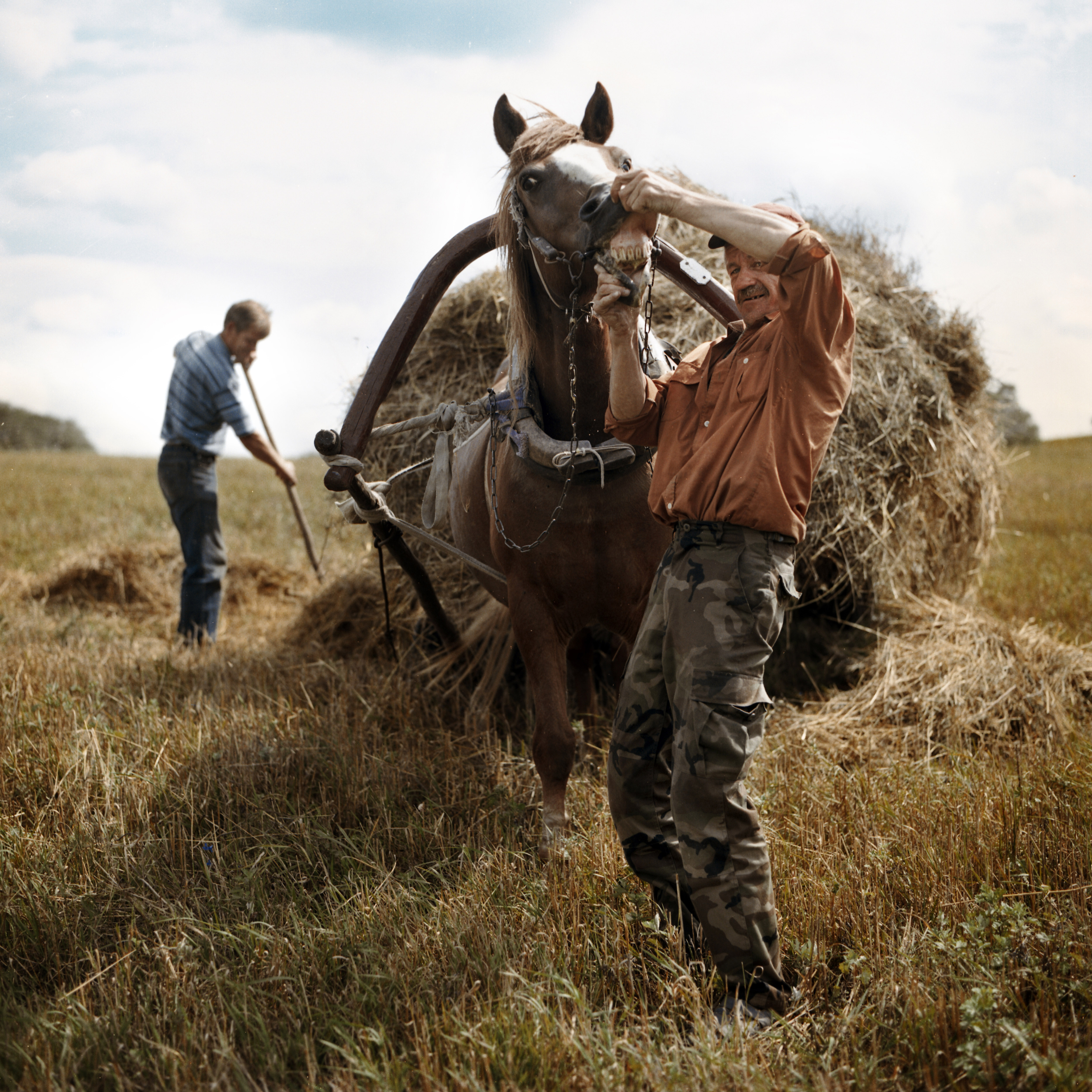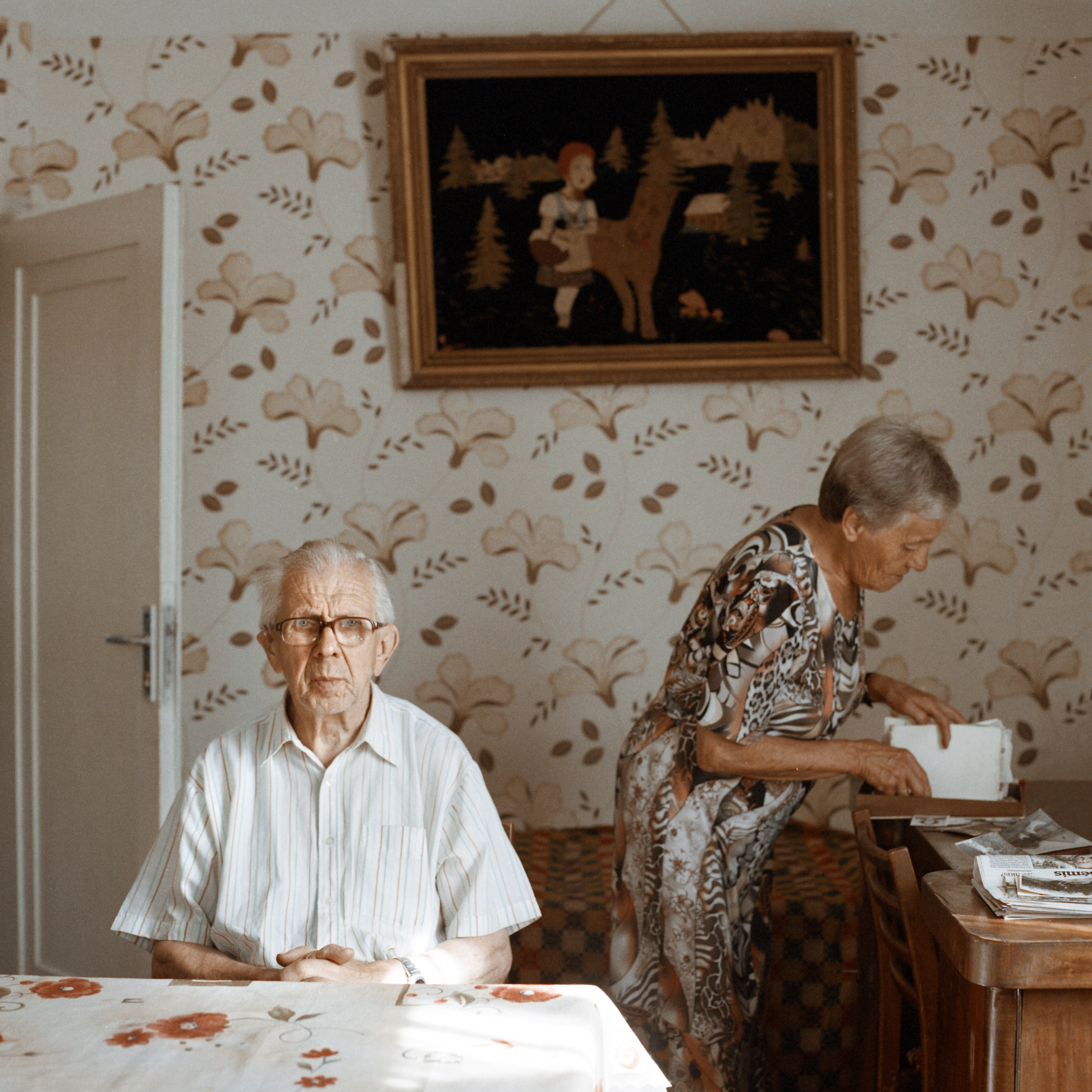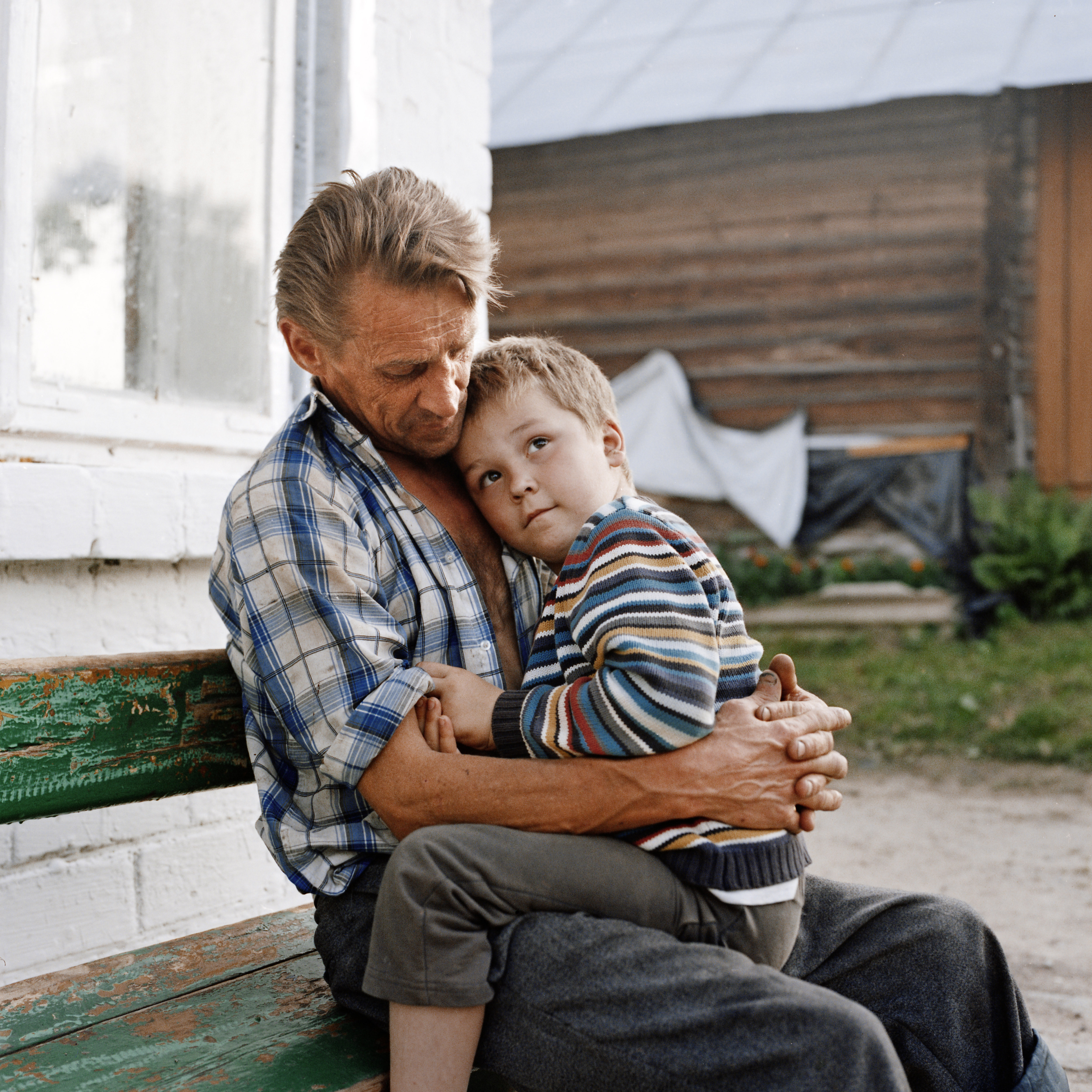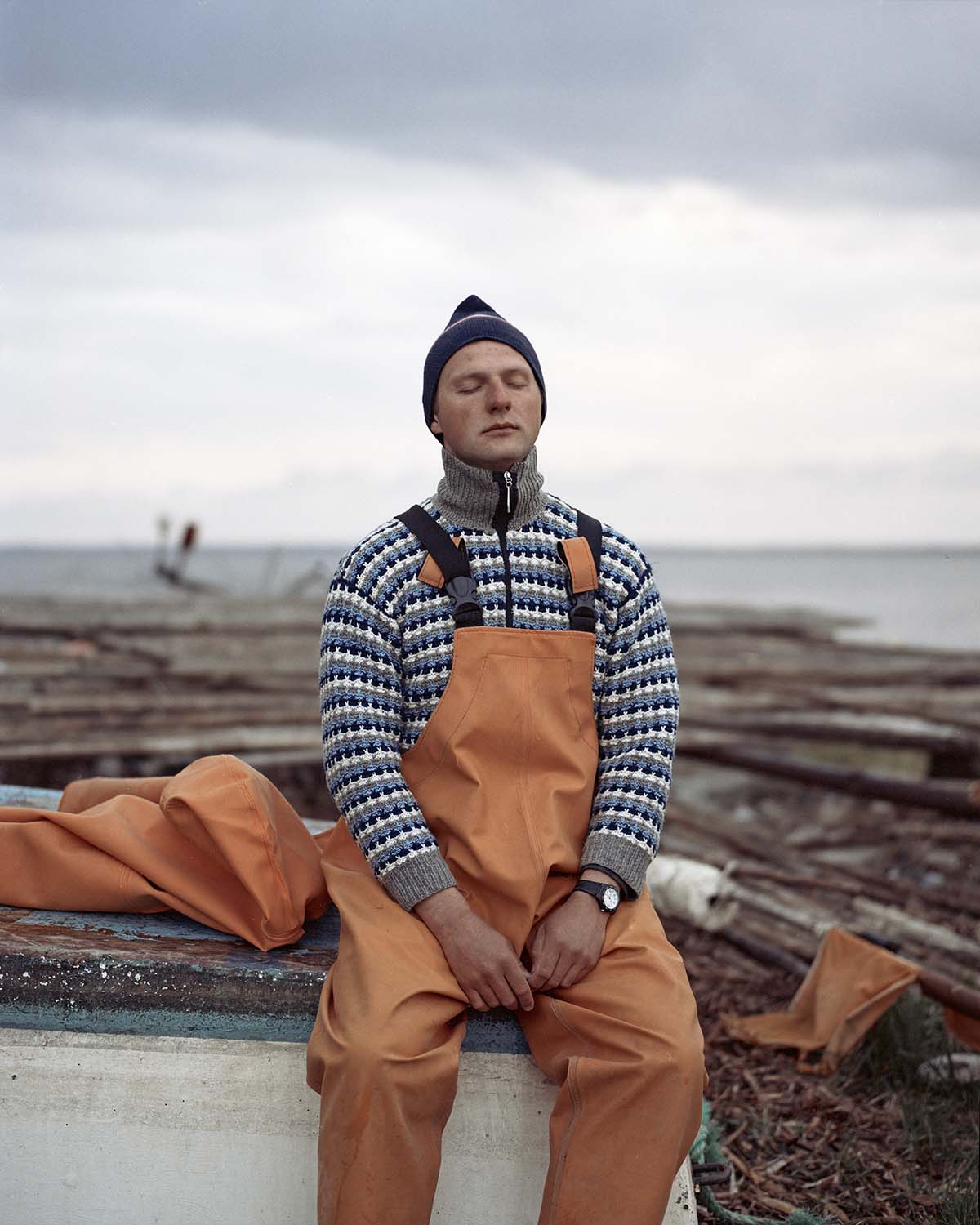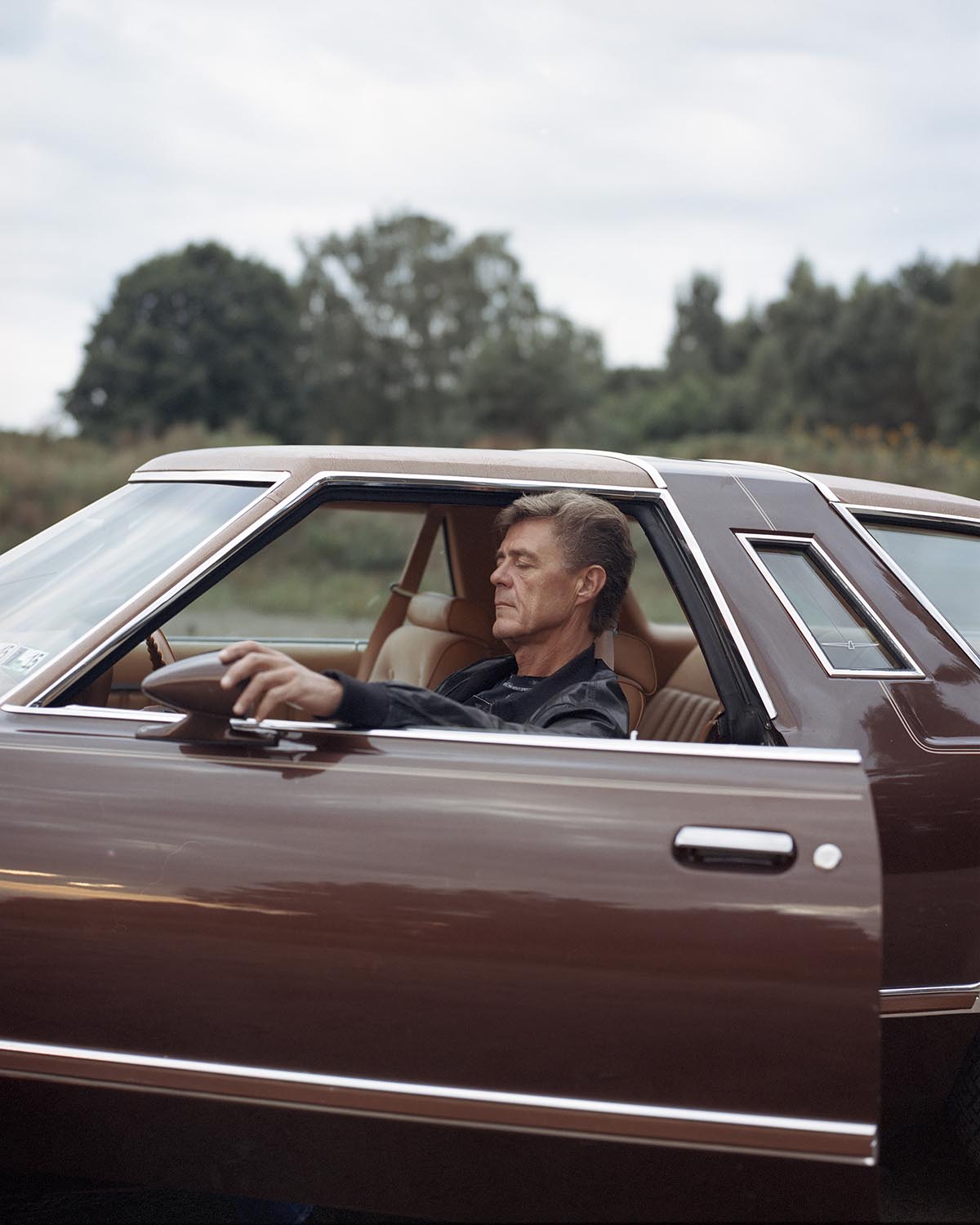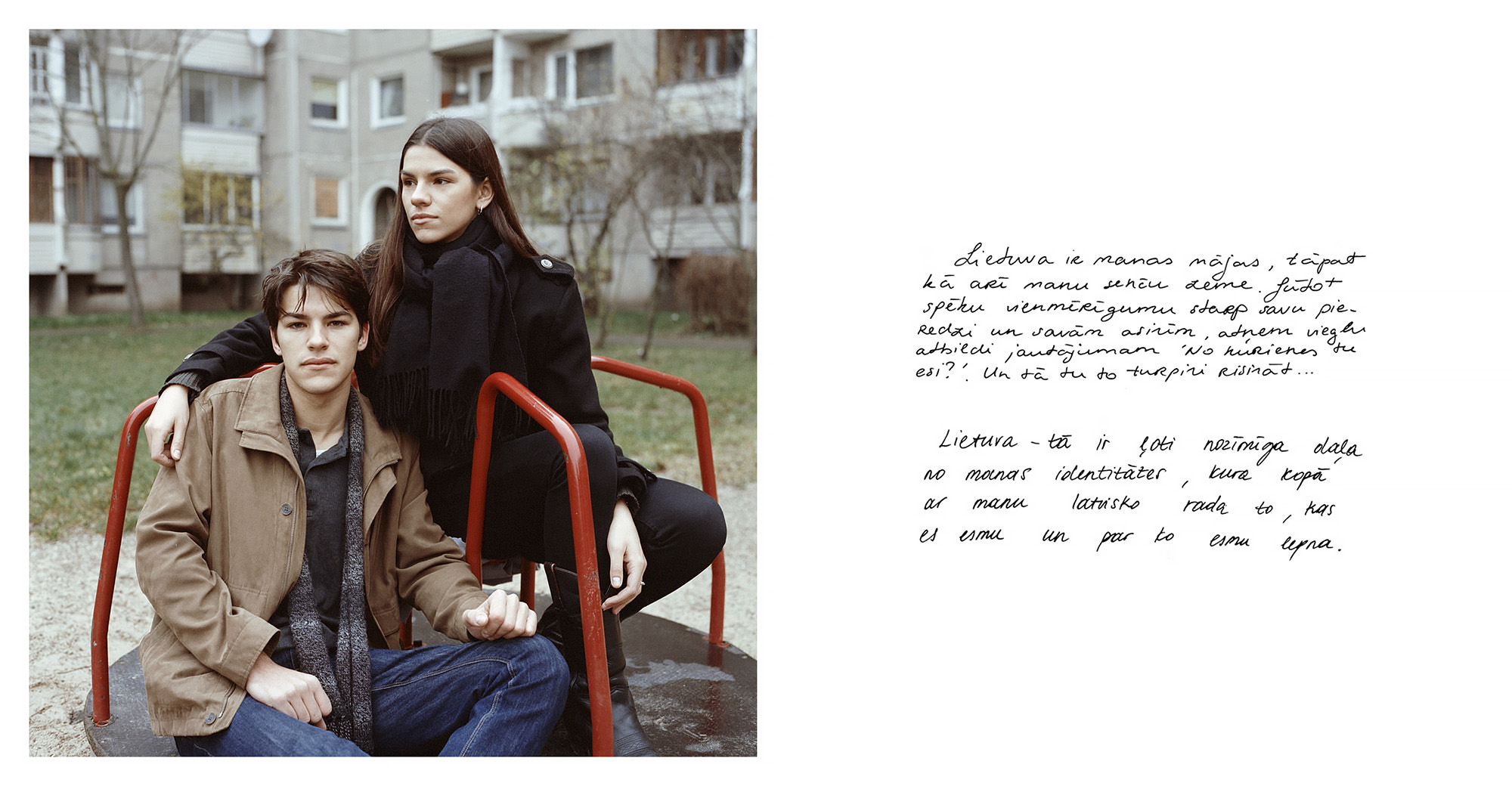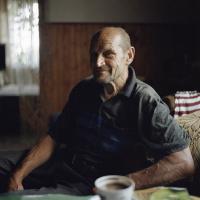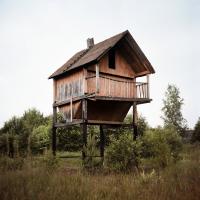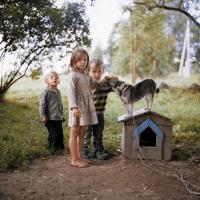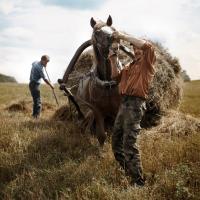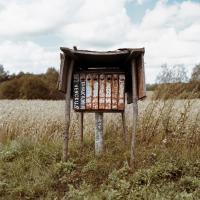Can you tell us more about your series Soon to be gone, shortlisted in the 2018 Zeiss Awards?
Well these series started to appear in my life without even understanding it quite long time ago. While living in United Kingdom, I started to visit Lithuania quite often and went on some sort of photographic trips with my friends. I was really into the work of Lithuanian Humanistic Photography School and at the same time I just loved the work that the Farm Security Administration was doing during the Great Depression years in United States. I understood, that I really want to photograph rural people, their life, somehow I almost believe, I wanted to archive it in some sense. And this is when I understood that Lithuania is going through this great migration of people. Our villages are vanishing, our rural people are becoming citizens of Europe. They leave their homes as life in villages become not so easy. Still, I believe I am in a right moment to record how still beautiful it is. it is almost my duty to do it. So it happened that I came back home and started my life here again along with my series.
Now it is 5 years and almost 7000km on my motorbike (quite a slow one actually). I believe I already have a strong basis of material and the basis to form some sort of conclusions. Of course, I know, there is no way I will abandon this theme. I believe it's almost my life theme.
Continuous migration has shrunk the population of Lithuania by almost 15% as young people are drawn away from the country and to the towns and cities of the open economies of the EU. How did you become interested in photographing this issue?
As mentioned before, I saw some sort of similarities in the migration processes of today's Lithuania to the time of the Great Depression in United States. I saw that without the work of Walker Evans, Dorothea Lange and others in FSA group all the visual history of rural America would be lost. I felt it is my duty to become archivist of our own migration. To record our rural areas, objects, and to record the lives of our people.
It is not a unique theme either in Lithuania (our great photographers were very active in recording rural lives of people during other periods in history) nor in the world. Still I believe if you put a personal spin on it, you transcend your own view and warmth through the work.
Can you tell us more about your working method and photographing philosophy to shoot this project?
I take this series as my own adventure. I do not plan it too much, I leave a lot to unexpected and it is such a great feeling. You need to be totally passionate about what you do. I love to take the unexpected roads wondering whom I gonna meet. That is almost like a therapy for photographer - it is the happiness of discovery.

